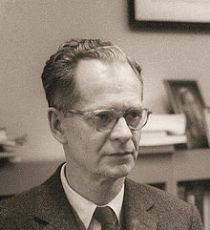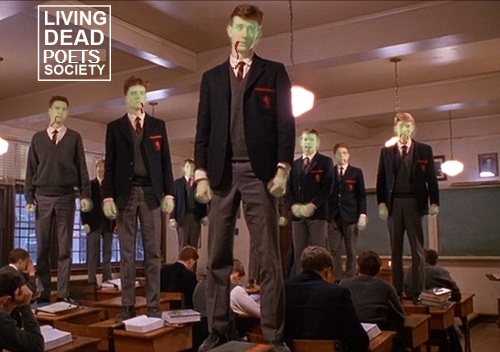* Note from the author: this note talks of topics not yet fully resolved in my own mind, and may be retracted or edited in the future, please approach it with due grace. It covers sensitive topics and I have somewhat skirted around a few areas related to my arguments. Sometimes in searching for truth one must abandon comfort and force oneself to begin to form an opinion and this is my public attempt at doing so *
I work in a field that I enjoy where I can also make a difference in other people’s lives – and I do this from the perspective of my life philosophy – which is based on the teachings of Jesus. I am no militant evangelist but a philosopher and a man in search of truth, so when I come across a person in a distressful situation – I give encouragement and advice based on the philosophy I live by – sometimes this means advising people to seek God
This is the premise from which I understand evangelism at this point in my life. Evangelism is such a dirty word these days. Understandably so. Most evangelism – or at least the type that most people (of whatever persuasion) are exposed to is a closed minded endeavour to bully or provoke a listener into abandoning all they have ever known for something alien and seemingly harsh.
When the message of Jesus comes across as unfairly harsh and closed minded I believe something has gone wrong in relating it. However – there is danger in avoiding this line of thinking too, and I come now to one of the toughest questions in christiondom today:
Can I be a christian and open minded at the same time? Does being a christian mean that I must close my mind to whatever else and become what I protest to hate: closed-minded?
What do you think? I think we tread on sensitive ground and a part of me wants not to go on exploring this question for fear of the stern words I may receive. A quote comes to mind though:
“There is nothing so self defeating as a question that has not been fully understood when it has been fully posed”: Ravi Zacharias quoting CS Lewis
What this statement gets at is that the inquiring mind must first set adequate and appropriate foundations and devices in place before attempting to answer profundities with due eloquence and sensitivity.
It is important to realise that one does not sacrifice open mindedness by holding onto certain philosophies and ideas. Every person has a perspective from whose balcony they look upon the world. Without a perspective that one firmly holds onto, one is blind. And to be blind is to be closed minded.
What I have come to believe is that though it requires a delicate application of wisdom, one can in fact be open minded and hold on to one specific and exclusive perspective or philosophy simultaneously – on one condition:
The exclusive philosophy to which one holds must allow for the free will of others and hold that each individual is only responsible ultimately for them self.
Where evangelism seems to go wrong and cause hurt is where the evangelist denies the free will of him he evangelises and wrongly assumes a greater responsibility than he is fairly due for the listener’s life and beliefs. I believe that when correctly done; it is the role of the evangelist to provide and present argument, persuasion, doctrine freely as being what he believes. He should do so with conviction and passion – for passion is stirred by true belief. But – this is where his responsibility ends. He may even pray for the patron of his conversation but he must leave it then to them to ponder and act or act not.
Within the christian worldview – what follows humane and godly evangelism is a matter between God and an individual.
Being open minded means accepting that people believe what they believe – it does not mean rejecting what you already believe or feeling under obligation to reject it. One should be ready to give a thought to someone else’s beliefs and weigh them up against their own but refusing to adopt someone else’s beliefs does not make one closed minded.
Jesus was sure and uncompromising in who he was (God incarnate) and in what he believed to be true, and he stated it in no uncertain terms – but he was open minded, listening to the arguments of others before questioning them and stating his own.
If being a christian did in fact call me to become closed minded and bigoted it would in fact be a case of “Missionary Impossible” for me.
It is from a careful, confident and open minded approach like this that people become receptive to arguments on matters of such sensitivity and importance, approach people in any other way and you will misrepresent the gospel and our God – for our God is one of love, compassion and wisdom, as well as of justice and holiness.
I think that a life well lived is one in which someone seeks God and finds peace in a life given over to Jesus. Heed my words, I believe them to be true and critical, but take it upon yourself to bring them further or leave them here.





